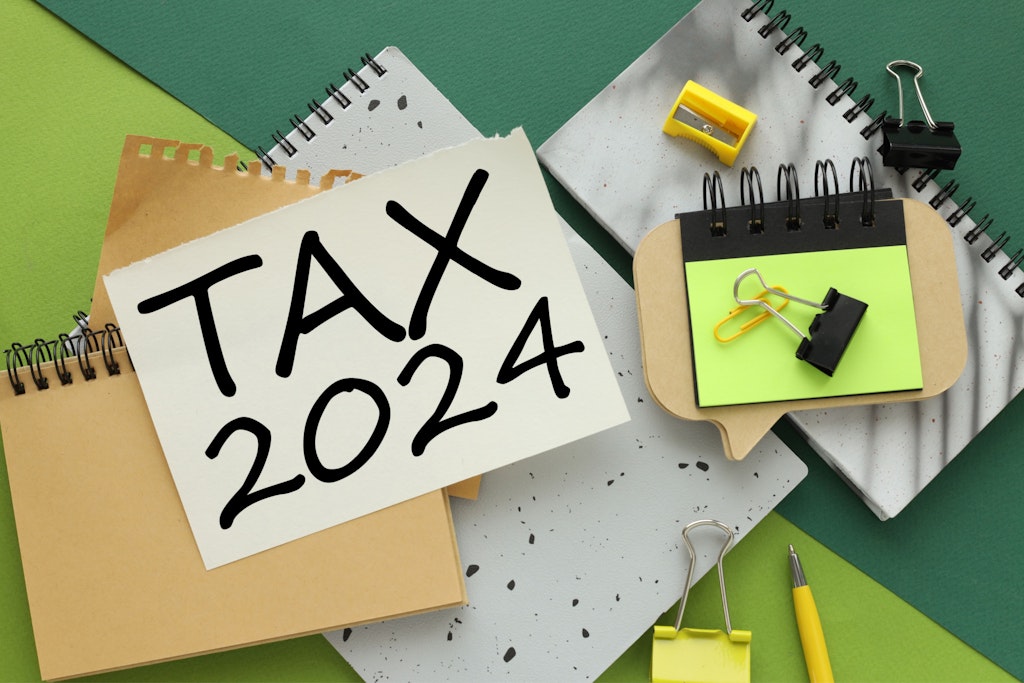Tax tips to help small business owners stay organised
Last updated on 18 July 2024

Whether you’re in the early days of establishing a new business or simply considering the jump into becoming a sole trader or small business owner, there are important tax considerations to keep front of mind. This is just as true in the in-home care sector where Government funding plays a critical role in daily operations.
Key points
- Small businesses, whether you’re a sole trader or business owner, should seek out the services of a registered accountant
- Eligible businesses can claim a range of tax concessions, offsets and rebates, including Small Business CGT concessions
- Small businesses that primarily operate out of clients’ homes or in transit must pay attention to what they can and cannot claim as travel or working-from-home expenses at tax time
- It’s never too early to establish an efficient records system for all expenses, with last-minute calculations at tax time likely to result in unclaimable expenses
Starting your own small business in the aged care or home care space does require considerable planning and forethought. It’s not quite the same as turning an arts & crafts side hustle into a main business as a sole trader.
But that doesn’t mean you cannot achieve great success, especially if you have decided to step out of a larger organisation’s umbrella to establish your own roots in the care sector. Mark Chapman, Director of Tax Communications at H&R Block, told hello leaders it’s essential to have an expert on call for financial questions or concerns.
“If you’re starting a business from scratch you immediately have issues around what deductions you’re entitled to claim. You also have new challenges with paying your tax, because previously your employer would have deducted taxes, and you have to set some cash aside from your takings to meet your tax bill,” Mr Chapman said.
“It’s worthwhile to take the time to get a decent accountant because it can become quite a chore looking after your books, managing your tax payments or managing various lodgements when individuals can otherwise focus on managing their business.”
Government funding opportunities
- You must become an approved provider to be eligible for Government subsidies through the Home Care Packages (HCP) program
- Government funding for the Commonwealth Home Support Programme (CHSP) is provided through grants to providers, which must be applied for by providers
- Subsidies are also available for all approved providers with the Government paying subsidies on behalf of each person receiving aged care services
While all businesses have to juggle accessible income and deductions for their taxable income, approved aged care providers have the additional responsibility of including Government funding.
The amounts provided in grants and subsidies are dependent on the services provided and the number of clients you have, so there is no one-size-fits-all approach. Some grants will also be tax-free, and others will not. Mr Chapman recommends speaking with an accountant to ensure you understand what funding options are available and how they need to be tracked and reported at tax time.
Record-keeping is a must
Mr Chapman told hello leaders there is one must-do task for business owners, particularly in-home care operators with a diverse range of expenses: keep proper records.
“One of the mistakes people make is they don’t keep proper records and when it comes to lodging a tax return they have to go back and somehow remember exactly what they did and how much needs to be claimed,” he said.
“But if they don’t have receipts, they haven’t kept a record of the various work-related journeys or expenses, realistically at that point, it isn’t possible to claim a deduction for the expense.”
One of the top expenses home care workers should track is care expenses, for example, when travelling between jobs and to different locations for work. Clothing, education and training and working-from-home expenses are other top claims at tax time for aged care workers.
However, Mr Chapman says working-from-home claims cannot be made if you spend time working in your car between jobs as it only covers household expenses. But you can always claim a portion of your phone calls when you’re on the road or at a client’s house – as long as you have detailed records.
Small business owners can find more information through a free online learning platform provided by the Australian Taxation Office (ATO) to help small business owners manage their tax and super obligations.
This information in this article does not constitute legal advice. It’s important to always consult a registered tax agent or accountant before making any financial decisions.